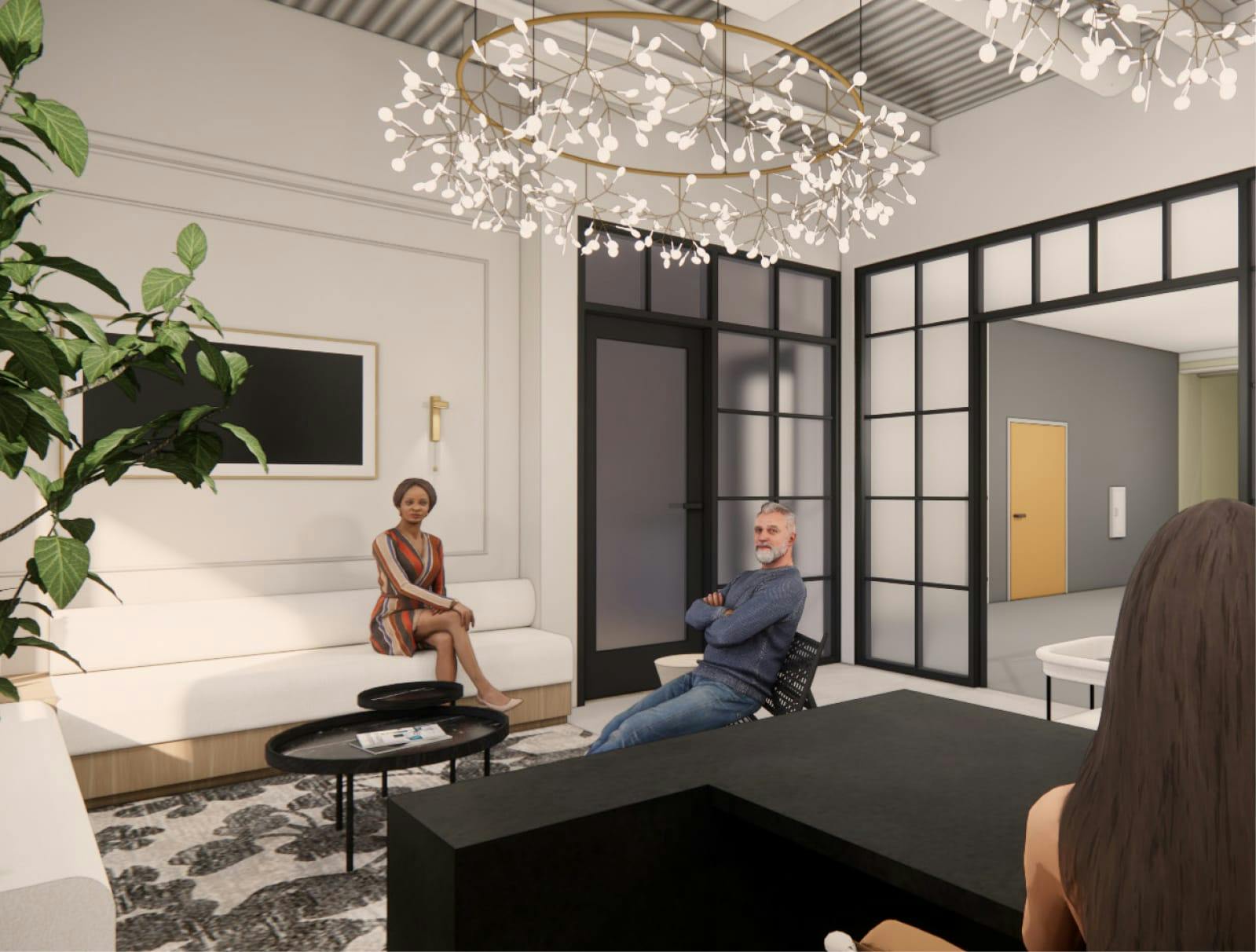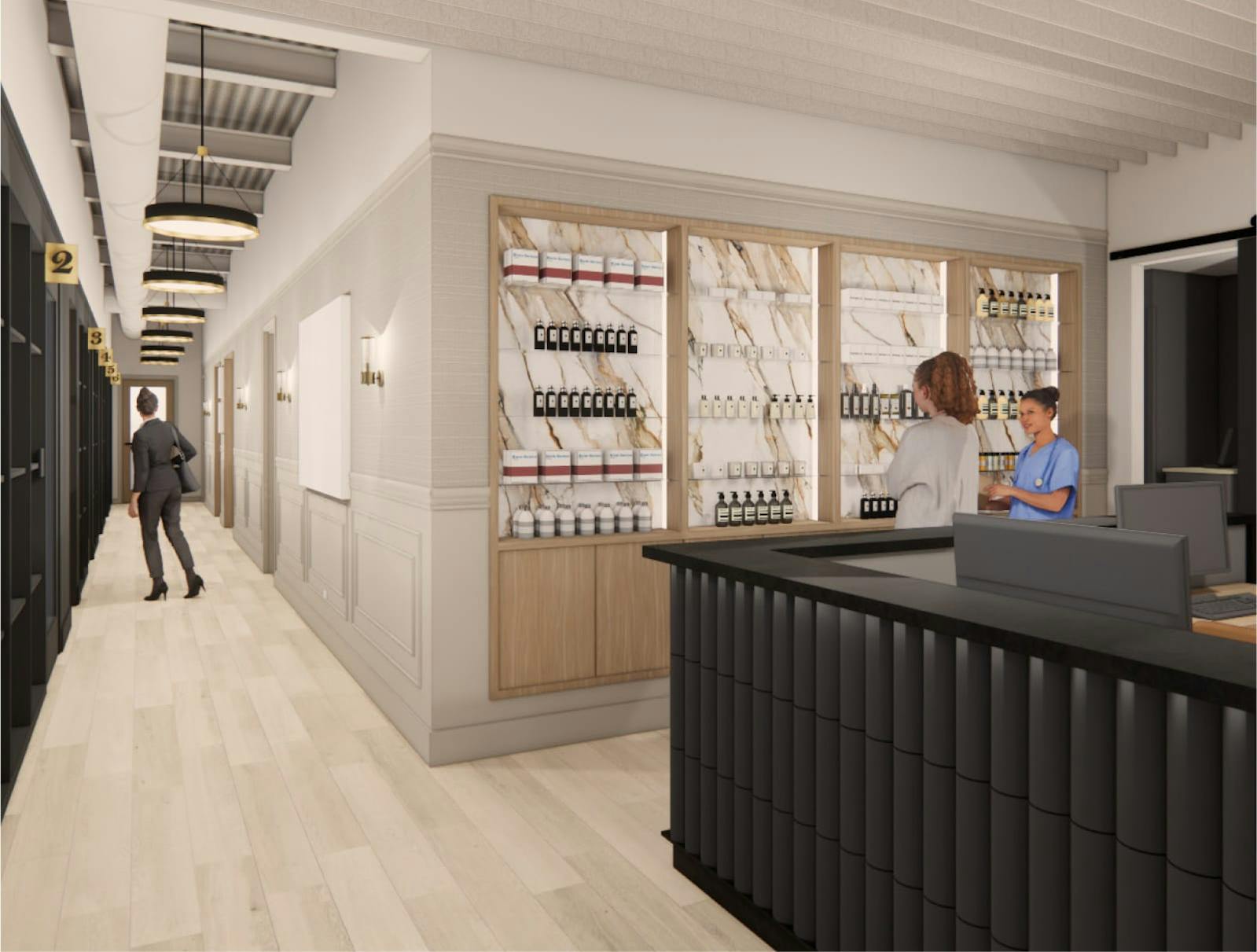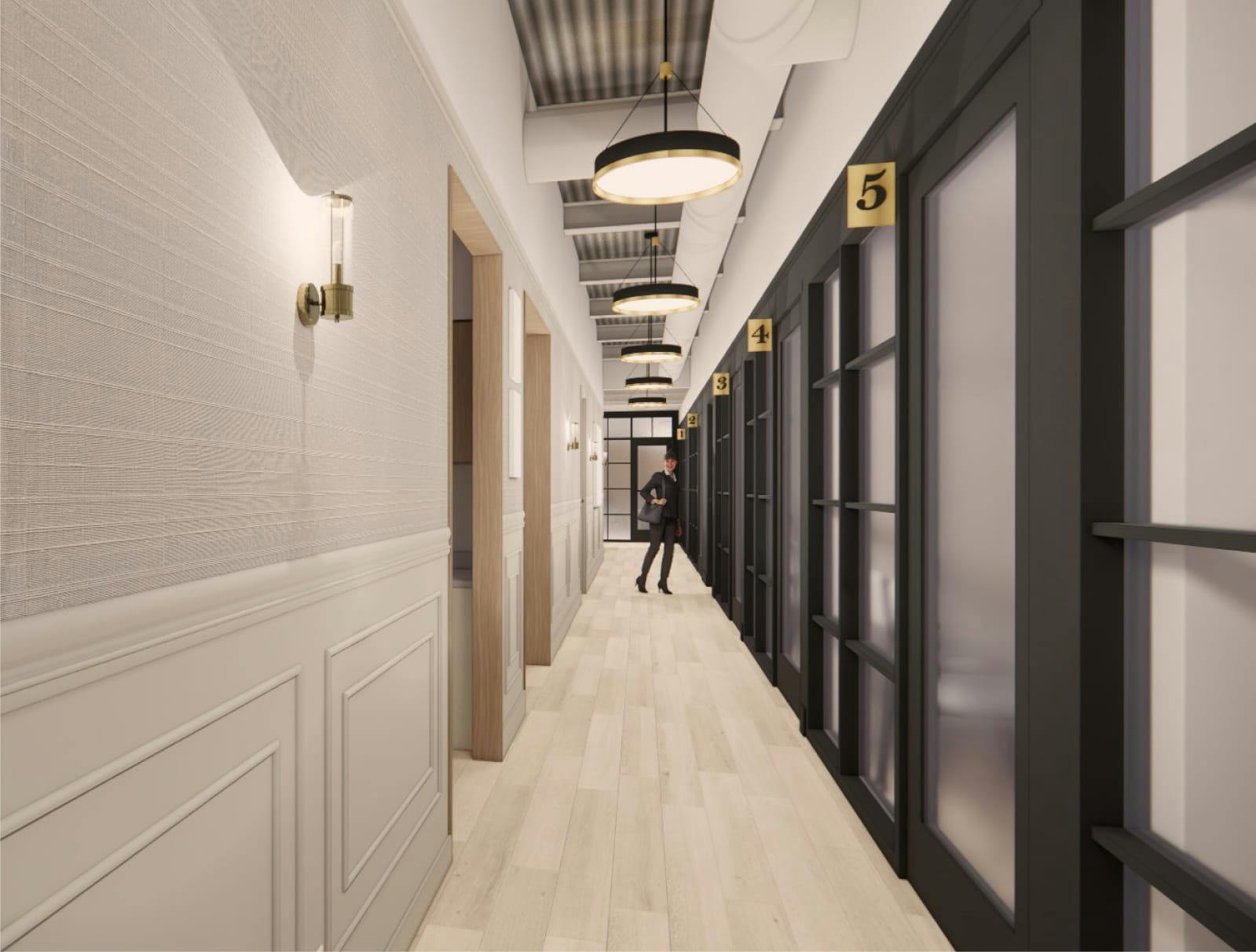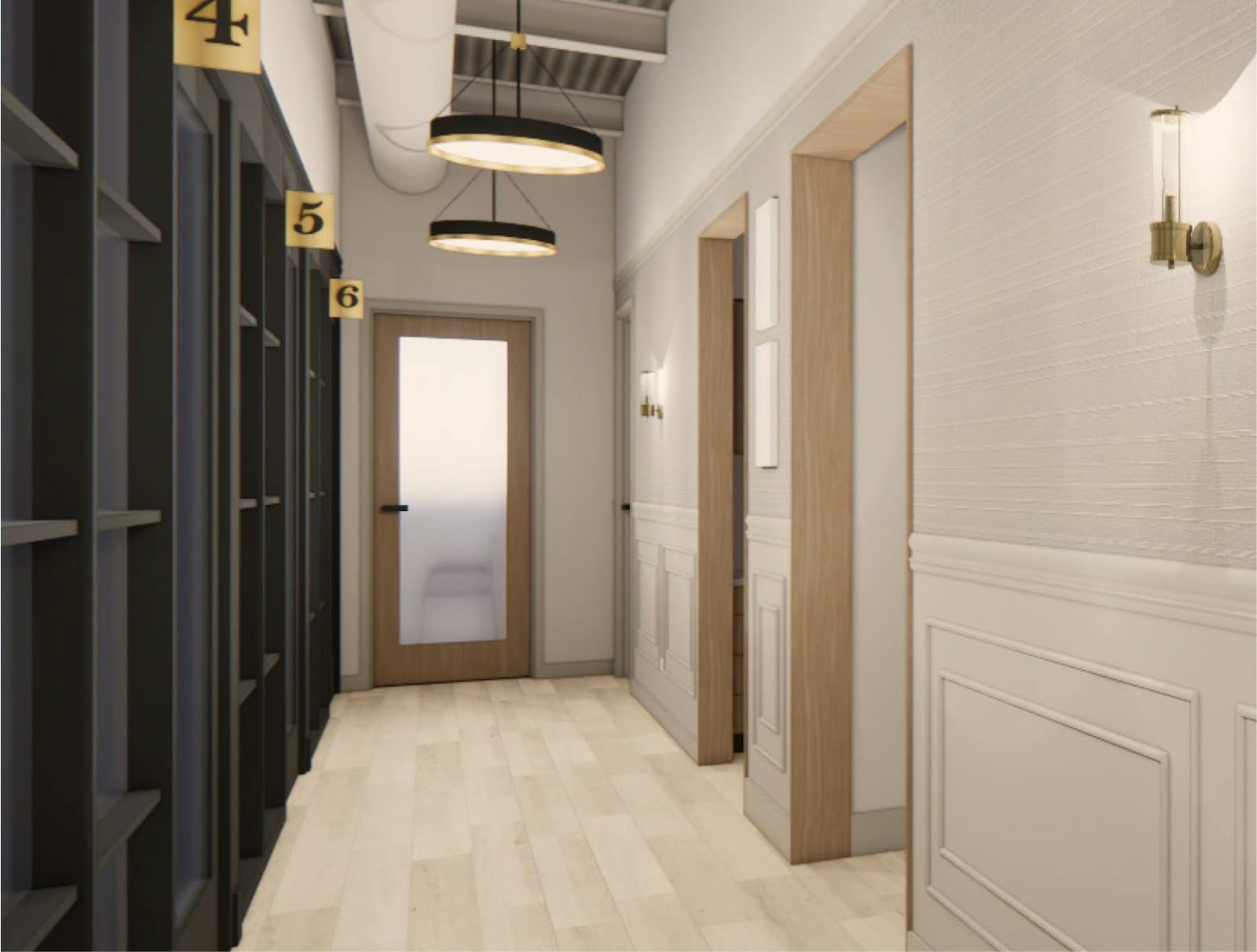Neurolysis is a procedure that is typically used when conservative treatments have been unsuccessful in providing relief for nerve-related pain or discomfort. It involves the targeted destruction or removal of the damaged nerve tissue that is causing the symptoms.
What Conditions can Neurolysis be Ssed to Treat?
Neurolysis can be used to help manage symptoms of several conditions, including chronic pain syndromes, such as complex regional pain syndrome and phantom limb pain. Neurolysis can also be used to help:
- Carpal tunnel syndrome
- Thoracic outlet syndrome
- Cubital tunnel syndrome
- Radial tunnel syndrome
- Tarsal tunnel syndrome
- Peroneal nerve entrapment
- Diabetic neuropathy
- Chronic headaches









